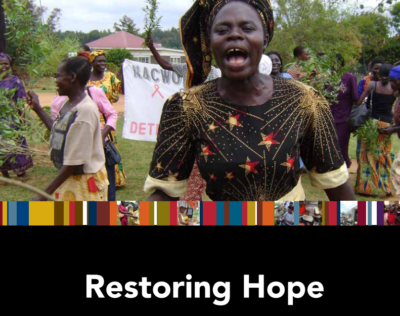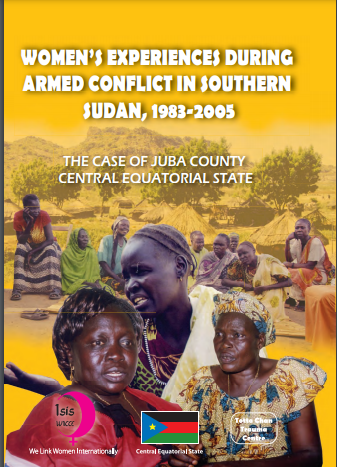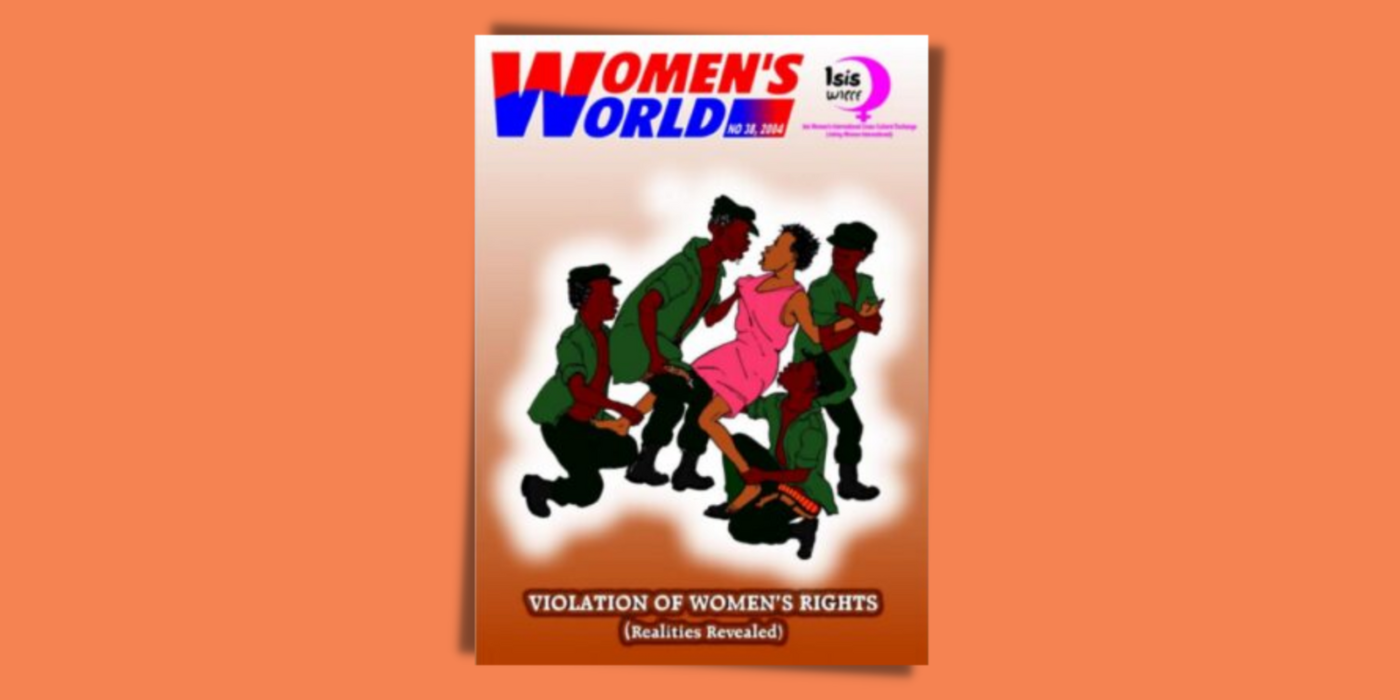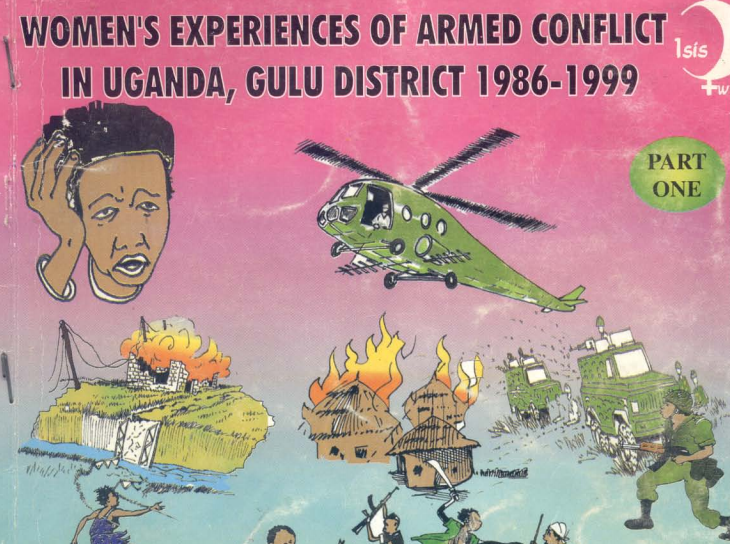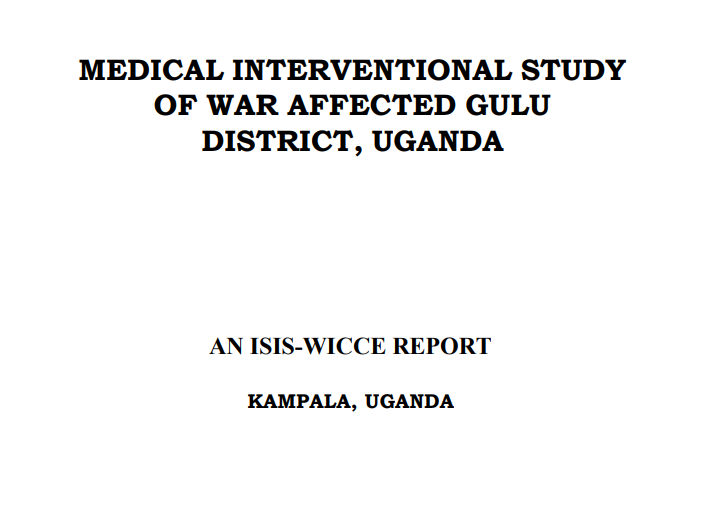Restoring Hope in their Own Voices; Addressing the Intersection Between GBV and HIV&AIDS in Conflict and Post Conflict Situations in Africa
Situations of conflict perpetuate sexual and gender-based violence as women are forced and coerced into relationships and raped, which consistently abuses their dignity and exposed them to sexually transmitted diseases including HIV and AIDS. In this book, Isis-WICCE publishes a collection of post-conflict communities in Liberia, Uganda and Zimbabwe. These stories of resilience and hope show that it is possible for women living with HIV&AIDS in post-conflict communities to make a difference in their lives and their immediate communities when they are given the means for empowerment.
Restoring Hope in their Own Voices

